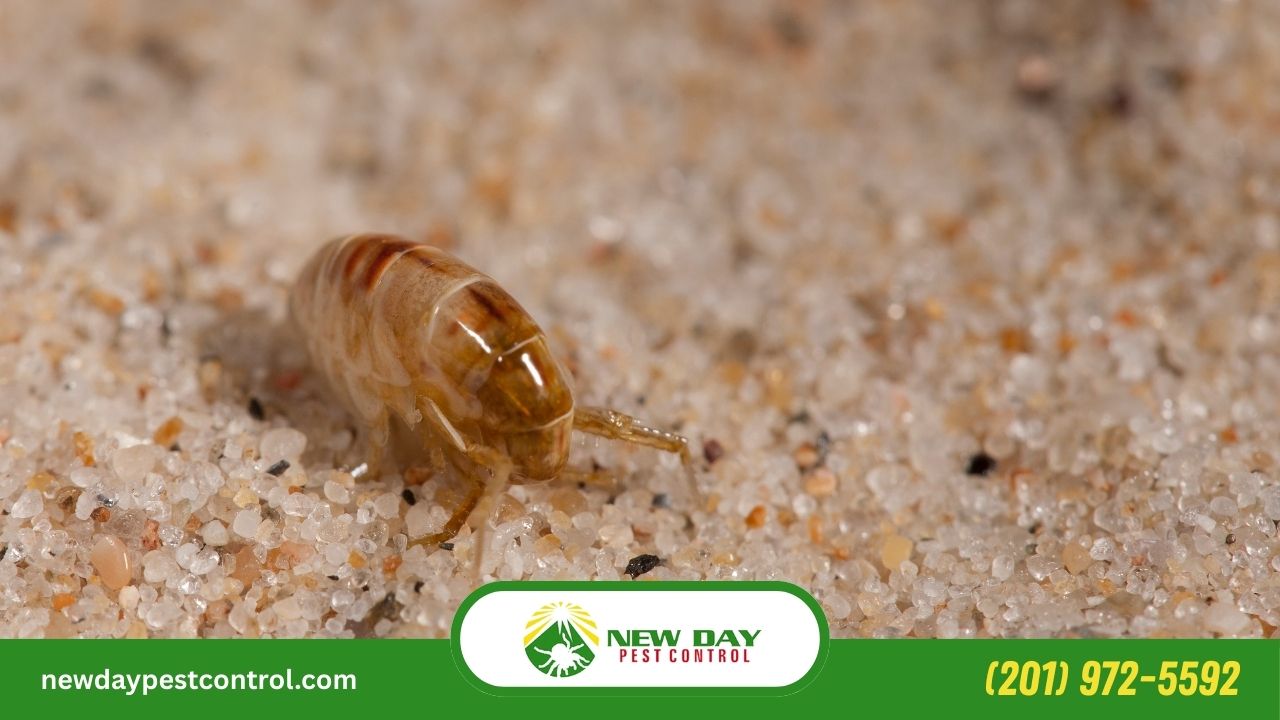As a pet owner in Closter, NJ, you cherish the companionship of your furry friends. However, with the arrival of warmer months comes the risk of flea infestations that can affect both pets and humans. Fleas not only cause discomfort but can also transmit diseases, making effective flea control essential for maintaining a healthy home. In this article, we’ll discuss best practices for flea control, ensuring your pets stay safe and comfortable.
Understanding the Flea Problem
Fleas are tiny, wingless insects that thrive in warm, humid environments. They feed on the blood of mammals, including pets and humans. A single flea can lay hundreds of eggs, leading to rapid infestations if not addressed promptly. Common signs of fleas on pets include excessive scratching, biting at the skin, and the presence of flea dirt (small black specks) in their fur.
Best Practices for Flea Control
1. Regularly Bathe and Groom Your Pets
Keeping your pets clean is one of the most effective ways to prevent flea infestations. Regular baths with flea shampoos can help eliminate existing fleas and prevent new ones from taking hold. Additionally, regular grooming with a flea comb can help remove fleas and their eggs from your pet’s fur.
2. Use Flea Preventatives
Consider using veterinarian-recommended flea prevention products. These may include topical treatments, oral medications, or flea collars designed to repel and kill fleas. Consult your veterinarian to determine the best option for your pet based on their age, weight, and health status.
3. Maintain a Clean Home Environment
Fleas can easily spread to your home, so maintaining cleanliness is essential. Here are some effective strategies:
- Vacuum Regularly: Vacuum carpets, rugs, and upholstered furniture frequently to remove fleas, eggs, and larvae. Be sure to dispose of the vacuum bag or empty the canister outside to prevent re-infestation.
- Wash Bedding: Wash your pet’s bedding, blankets, and any fabric they frequently use in hot water weekly to eliminate fleas and their eggs.
- Declutter: Reduce clutter in your home, as piles of clothes and other items can provide hiding spots for fleas.
4. Treat Your Yard
Your yard can be a breeding ground for fleas. To keep your outdoor spaces flea-free:
- Mow the Lawn: Keep your grass trimmed and remove debris where fleas may hide.
- Create a Barrier: Consider using cedar chips or other natural flea-repelling materials in landscaped areas to deter fleas.
- Professional Yard Treatment: If your yard has a severe flea problem, consider enlisting a professional pest control service to treat the outdoor area effectively.
5. Schedule Regular Pest Control Inspections
Regular inspections by a pest control professional can help detect flea problems before they escalate. New Day Pest Control offers comprehensive flea control services tailored to the specific needs of Closter residents. Our trained technicians will assess your home and yard, implement effective treatments, and provide ongoing monitoring to keep fleas at bay.
Conclusion
Flea control is essential for ensuring the health and comfort of your pets and your household. By following these best practices—regular grooming, using preventive products, maintaining a clean environment, treating your yard, and scheduling professional inspections—you can keep fleas at bay and enjoy a happy, healthy home.

